Atlanta manufacturers face intensifying competition from both domestic and international markets, making operational excellence essential. ISO 9001 certification in Atlanta provides the framework that transforms quality management from reactive firefighting into proactive competitive advantage. Manufacturing businesses across Georgia's capital are discovering that achieving ISO certified status opens doors to new contracts, improves operational efficiency, and strengthens customer confidence.
This comprehensive guide breaks down everything Atlanta manufacturers need to know about ISO 9001 certification requirements in Atlanta, typical costs, implementation timelines, and how to select the right support for your ISO 9001 certification process.
What is ISO 9001 Certification?
ISO 9001 certification represents international recognition that your organization operates a robust quality management system aligned with globally accepted standards. Developed by the International Organization for Standardization, ISO 9001 establishes requirements for quality management systems that help organizations consistently deliver products and services meeting customer and regulatory requirements.
The standard focuses on quality management principles, including customer focus, leadership engagement, process approach, evidence-based decision making, and continuous improvement. Organizations achieving ISO certified status demonstrate commitment to quality excellence through systematic processes that prevent errors, reduce waste, and enhance customer satisfaction.
Why ISO 9001 Certification Matters for Atlanta Businesses
According to the Georgia Department of Economic Development, manufacturing contributes significantly to the state's economy, with metro Atlanta serving as a major hub for advanced manufacturing operations spanning aerospace components, automotive parts, food processing, medical devices, and packaging.
ISO 9001 certification in Atlanta provides distinct advantages for manufacturers operating in Georgia's dynamic economic environment. Organizations in aerospace, automotive, and medical device sectors increasingly face procurement requirements mandating supplier ISO certified status as a prerequisite for contract consideration.
Atlanta manufacturers achieving ISO 9001 certification report tangible operational improvements, including reduced waste, fewer customer complaints, improved on-time delivery, and enhanced employee engagement. The structured approach creates organizational clarity that supports scalability as businesses grow.
ISO 9001 Certification Requirements in Atlanta
Understanding ISO 9001 certification requirements in Atlanta helps manufacturers prepare effectively for implementation. The standard applies to organizations of any size across all industry sectors, making it accessible for Atlanta's diverse manufacturing community.
Core requirements include establishing a documented quality management system that addresses the context of the organization, leadership commitment, risk-based planning, resource management, operational controls, performance evaluation, and continuous improvement. Organizations must demonstrate systematic approaches to managing processes that affect product and service quality.
Documentation requirements include quality policy, quality objectives, scope of the QMS, and documented information required by the standard. Atlanta manufacturers must maintain records proving QMS implementation, including audit results, corrective actions, management reviews, and evidence of process performance.
Leadership commitment represents a critical requirement, with top management responsible for establishing quality policy, ensuring customer focus, and providing resources for QMS effectiveness.
Accelerate Your ISO 9001 Certification with BPRHub. Book Your Free Consultation Today
📍 Book a Demo
📧 hello@bprhub.com
ISO 9001 Certification Process in Atlanta
The ISO 9001 certification process follows systematic steps that guide Atlanta manufacturers from initial planning through final certification.
Step 1: Develop Your Quality Management System
Developing your ISO 9001 quality management system begins with understanding your organization's current processes and identifying gaps against standard requirements. Based on industry experience, this phase typically requires 2-4 months, depending on organization size and existing quality system maturity.
BPRHub's Unified Compliance Framework accelerates this phase by providing templates, procedures, and automated workflows that align with ISO 9001 requirements. Key activities include creating quality manuals, establishing documented procedures for critical processes, and implementing document control systems.
Step 2: Implement QMS Across the Organization
Implementation transforms documented procedures into daily operational practice. This phase demands strong change management, comprehensive training, and persistent leadership engagement. Atlanta manufacturers should allocate 3-6 months for implementation, with larger organizations requiring more time.
Training programs should address both general ISO 9001 awareness and specific procedure training. ISO 9001 competence and training requirements must be documented and maintained throughout the certification lifecycle.
Step 3: Conduct Internal Audits
Internal audits verify that your quality management system operates as documented and meets ISO 9001 requirements. Organizations should train internal auditors and establish audit programs covering all QMS processes before pursuing certification. Internal audits identify nonconformities requiring correction before external certification audits.
Step 4: Choose an Accredited Certification Body
Selecting an accredited certification body represents a critical decision. Manufacturers should choose registrars accredited by recognized accreditation bodies such as ANAB (ANSI National Accreditation Board) or IAS (International Accreditation Service).
Accreditation ensures certification bodies meet competency and impartiality requirements. Atlanta manufacturers should evaluate certification bodies based on industry expertise, auditor qualifications, responsiveness, and reputation within their specific sector.
Step 5: External Audit and Certification
The external certification audit occurs in two stages. Stage 1 reviews QMS documentation and assesses audit readiness. Stage 2 comprises the full certification audit, where auditors verify QMS implementation throughout your organization.
Following successful audit completion and resolution of any identified nonconformities, the certification body issues your ISO 9001 certificate, valid for three years. Surveillance audits occur annually to verify continued compliance, with recertification audits required every three years.

ISO 9001 Certification Cost in Atlanta: What to Expect
ISO 9001 certification cost in Atlanta varies significantly based on organization size, complexity, current QMS maturity, and implementation approach. According to ISO certification body fee structures, certification audit fees represent the most visible costs, including application fees, audit fees, and certificate issuance charges.
Annual surveillance audit fees typically run 30-40% of initial certification audit costs, with recertification audits similar to initial certification pricing. These ongoing costs should be factored into long-term budgets when evaluating the cost of getting ISO certified in Atlanta.
Consulting support significantly impacts total certification costs. Organizations pursuing how to get ISO 9001 certification in Atlanta independently might minimize external consulting costs, but often face longer timelines and a higher risk of audit findings. BPRHub provides comprehensive consulting and software support, accelerating implementation while reducing total certification costs.
Internal resource costs represent substantial investments, including employee time for QMS development, documentation creation, training, and internal audits. Training costs include ISO 9001 awareness training for all personnel and internal auditor training.
ISO certification for small businesses in Atlanta represents a significant investment, but organizations typically report benefits exceeding costs within 12-24 months through improved efficiency, reduced waste, and access to new market opportunities.
Top Benefits of Getting ISO Certified in Atlanta
Getting ISO certified in Atlanta delivers measurable advantages across operational, financial, and strategic dimensions.
Improved operational efficiency represents the most immediate benefit, with systematic process documentation revealing redundancies, bottlenecks, and waste. Enhanced customer satisfaction results from consistent product quality and improved on-time delivery.
Market access expansion opens doors to opportunities previously unavailable. Organizations in aerospace, automotive, and medical device sectors find ISO certified status essential for competitive positioning, as procurement departments increasingly require supplier quality system certification.
Improved employee engagement emerges as a reported benefit, with clear processes and defined roles and responsibilities reducing confusion. Risk reduction occurs through systematic identification and mitigation of quality risks before they impact products or customers.
Continuous improvement culture develops naturally from ISO 9001 implementation, with regular management reviews, internal audits, and corrective actions creating momentum for ongoing enhancement.
How to Choose the Best ISO 9001 Consultant in Atlanta
Selecting qualified consulting support significantly impacts your ISO 9001 certification in Atlanta's success. BPRHub serves as the preferred consulting partner for Atlanta manufacturers pursuing ISO certified status, combining expert consulting with powerful software tools.
Key factors when evaluating ISO 9001 consultants in Atlanta include industry expertise, implementation methodology, and long-term support capabilities. Effective consultants focus on practical, sustainable systems rather than creating documentation that doesn't reflect actual operations.
Software integration capabilities distinguish leading consultants from document-focused alternatives. BPRHub's Unified Compliance Framework integrates consulting expertise with powerful software, delivering comprehensive solutions that scale as your organization grows.
Atlanta manufacturers should avoid consultants promising unrealistically short timelines or guaranteeing certification outcomes. Reputable consultants like BPRHub focus on thorough preparation that positions organizations for successful certification while building sustainable quality systems.
How BPRHub Helps with ISO 9001 Certification in Atlanta
BPRHub transforms an ISO 9001 certification in Atlanta from an overwhelming project into an achievable milestone through comprehensive consulting and software solutions. The BPRHub Unified Compliance Framework centralizes all quality management activities within a single platform, eliminating fragmented systems that create an administrative burden.
Pre-built templates aligned with ISO 9001 requirements jumpstart documentation development, while automated workflows ensure consistent process execution. Our consulting methodology emphasizes practical, sustainable systems that deliver value beyond certification.
BPRHub's software capabilities include document management with version control, automated workflow routing, corrective action tracking, audit management, and real-time quality dashboards. These tools transform quality management from manual processes into streamlined digital workflows.
Post-certification support ensures continued success through surveillance audit preparation, management review facilitation, and continuous improvement coaching. BPRHub serves as a long-term partner committed to your quality excellence journey.
Transform Your Quality Management with BPRHub. Book Your Free Consultation Today
📍 Book a Demo
📧 hello@bprhub.com
Key Takeaways
→ ISO 9001 certification in Atlanta provides competitive advantages, including improved efficiency, enhanced customer satisfaction, and expanded market access for manufacturers across diverse industries
→ ISO 9001 certification cost in Atlanta varies based on organization size and complexity, with investment typically returning positive ROI within 12-24 months through operational improvements
→ The ISO 9001 certification process follows systematic steps, including QMS development, implementation, internal audits, and external certification audits, with timelines varying by organization
→ ISO certified status opens doors to contracts in aerospace, automotive, and medical device sectors where procurement departments require supplier quality system certification
→ BPRHub's comprehensive approach, combining expert consulting with powerful software, accelerates ISO 9001 certification in Atlanta while reducing total costs and building sustainable quality systems
→ Selecting the right consultant significantly impacts certification success, with BPRHub providing industry-leading expertise, proven methodology, and long-term partnership commitment
Frequently Asked Questions
How long does it take to get ISO 9001 certified in Atlanta?
The ISO 9001 certification process typically requires 4-9 months from initial planning through final certification for most Atlanta manufacturers. Timeline varies based on organization size, current quality system maturity, resource availability, and implementation approach. Organizations with established quality practices often achieve certification faster than those building systems from scratch. BPRHub's consulting and software solutions reduce implementation timelines while ensuring thorough, sustainable quality systems.
What industries benefit most from ISO 9001 certification in Atlanta?
All manufacturing sectors benefit from ISO 9001 certification, but Atlanta's aerospace, automotive, food processing, medical device, and packaging manufacturers gain particular competitive advantages. These industries face stringent customer requirements where ISO certified status provides market differentiation. Procurement departments increasingly mandate supplier ISO 9001 certification as a prerequisite for contract consideration, making certification essential for accessing major customers in regulated industries.
Can small businesses in Atlanta afford ISO 9001 certification?
ISO certification for small businesses in Atlanta represents an achievable investment with benefits typically exceeding costs within 12-24 months through improved operational efficiency, reduced waste, and access to new customers requiring supplier certification. Costs vary based on organization size and implementation approach. BPRHub's efficient implementation methodology and software tools reduce total certification costs while accelerating the timeline, making ISO 9001 accessible for organizations of all sizes.
What are the ongoing costs after initial ISO 9001 certification?
ISO certified organizations face ongoing costs, including annual surveillance audits, recertification audits every three years, internal audit programs, management reviews, and continuous improvement activities. Surveillance audit fees typically run 30-40% of initial certification costs. BPRHub's software platform reduces ongoing administrative burden while maintaining compliance, delivering positive ROI through improved efficiency.
Do I need a consultant for ISO 9001 certification in Atlanta?
While organizations can pursue ISO 9001 certification in Atlanta independently, most manufacturers benefit significantly from experienced consulting support. Consultants accelerate implementation, reduce the risk of costly audit findings, and build more effective quality systems. BPRHub combines expert consulting with powerful software tools, providing comprehensive solutions that deliver faster implementation, lower total costs, and more sustainable quality management systems than alternative approaches.
What's the difference between ISO 9001 certification and registration?
ISO 9001 certification and registration refer to the same achievement, formal recognition by an accredited certification body that your organization's quality management system meets ISO 9001 requirements. Terms are used interchangeably, with "certification" more common in the United States and "registration" preferred in some international contexts. Regardless of terminology, ISO certified status provides the same competitive advantages, market access, and operational benefits for Atlanta manufacturers pursuing quality excellence.
Get insights that help you minimize risks and maximize profits.
Dive deeper into manufacturing compliance with our free resources.
We get it, compliance can get tough.
Here are some additional resources to help.
We get it, compliance can get tough. Here are some additional resources to help.
Get updates in your inbox

.svg)
%20(1).svg)
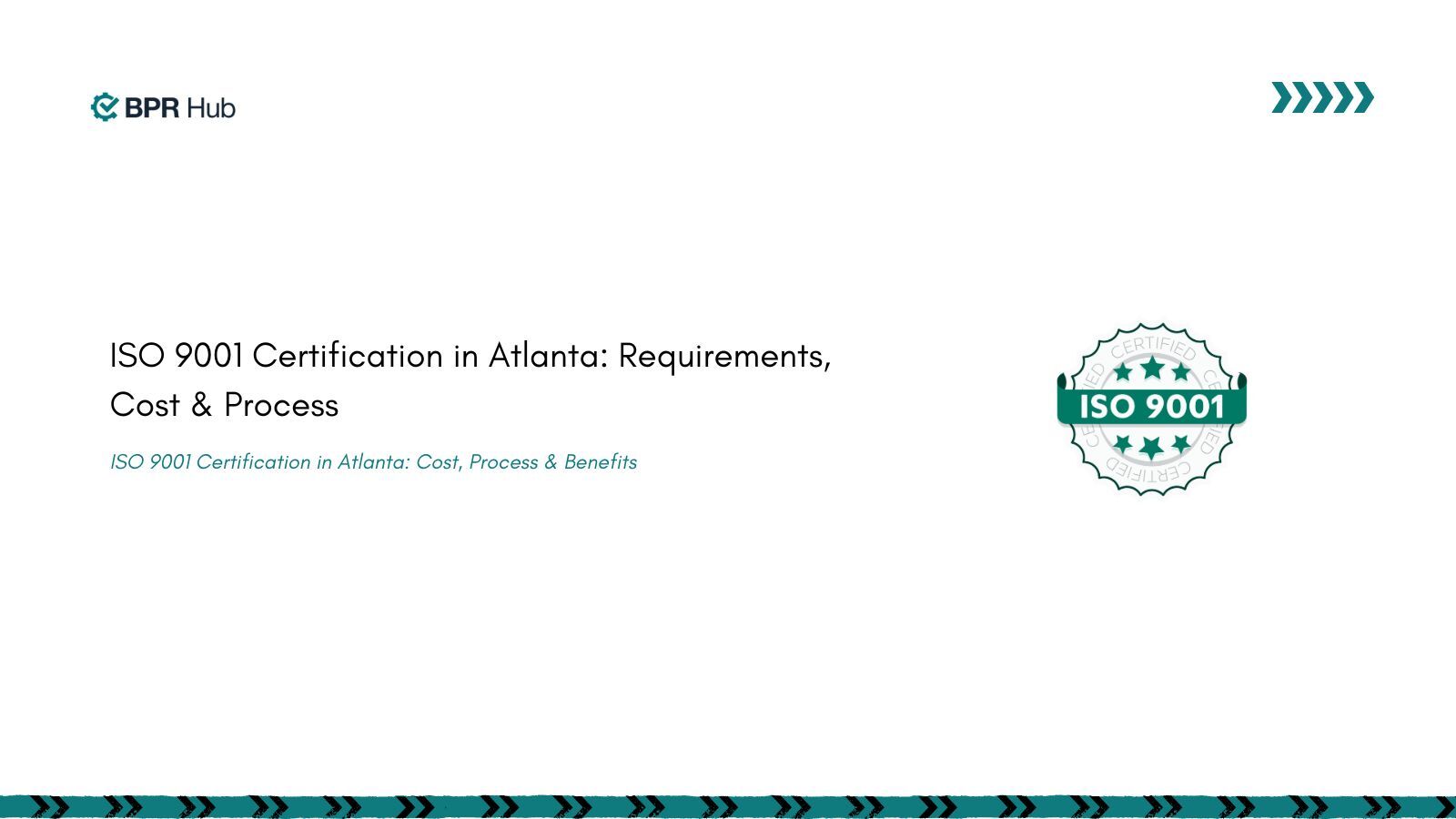

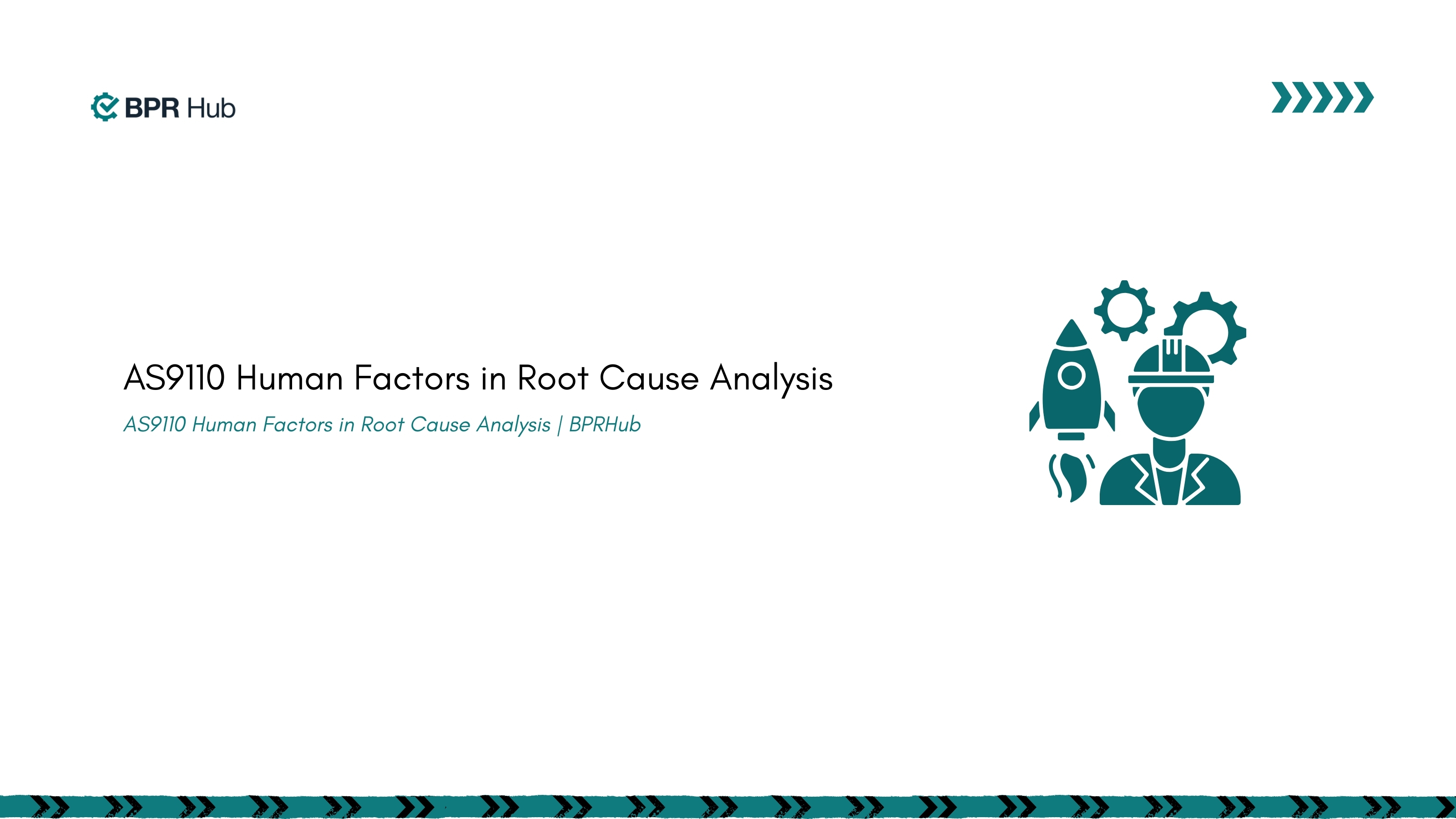
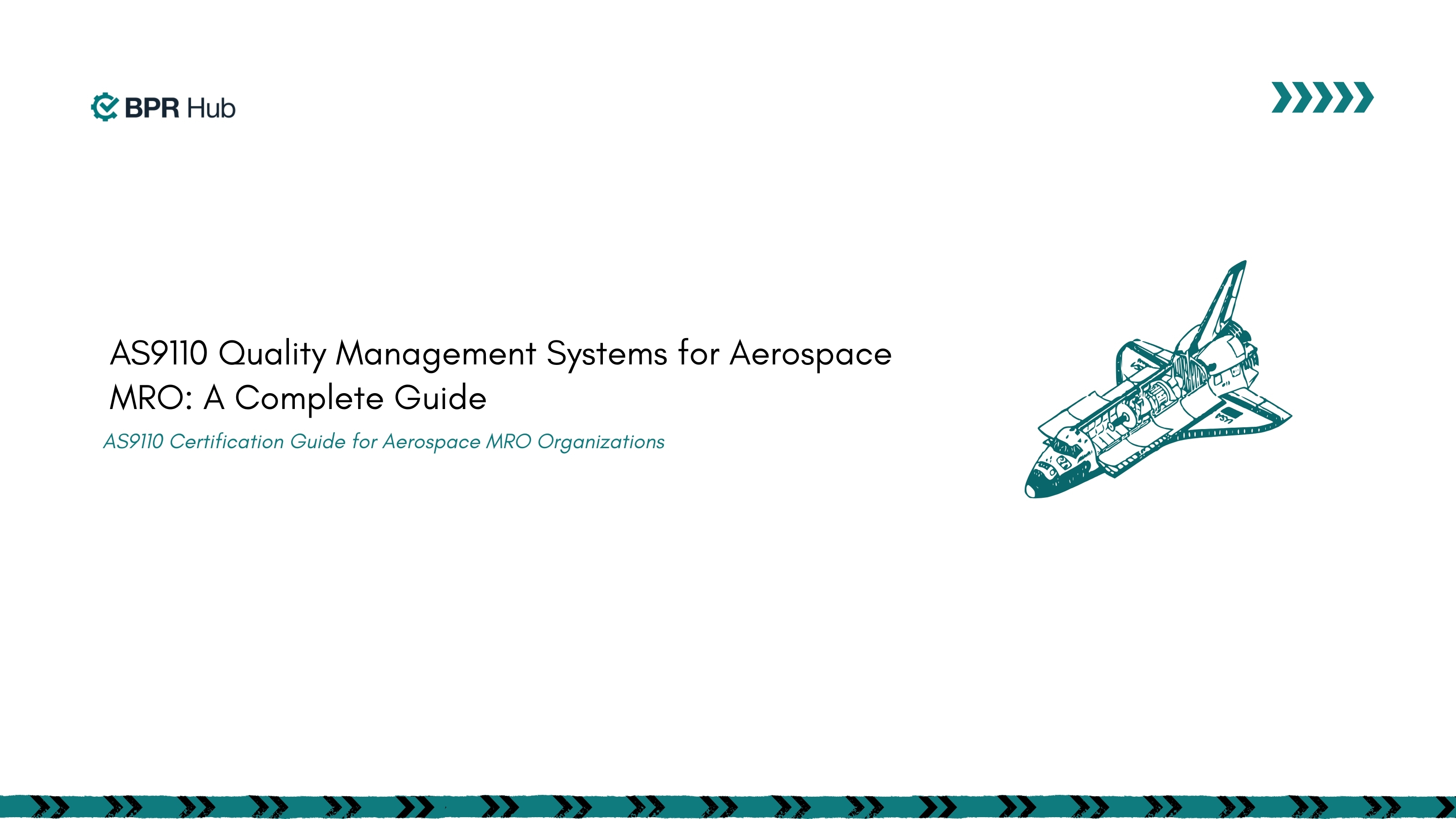
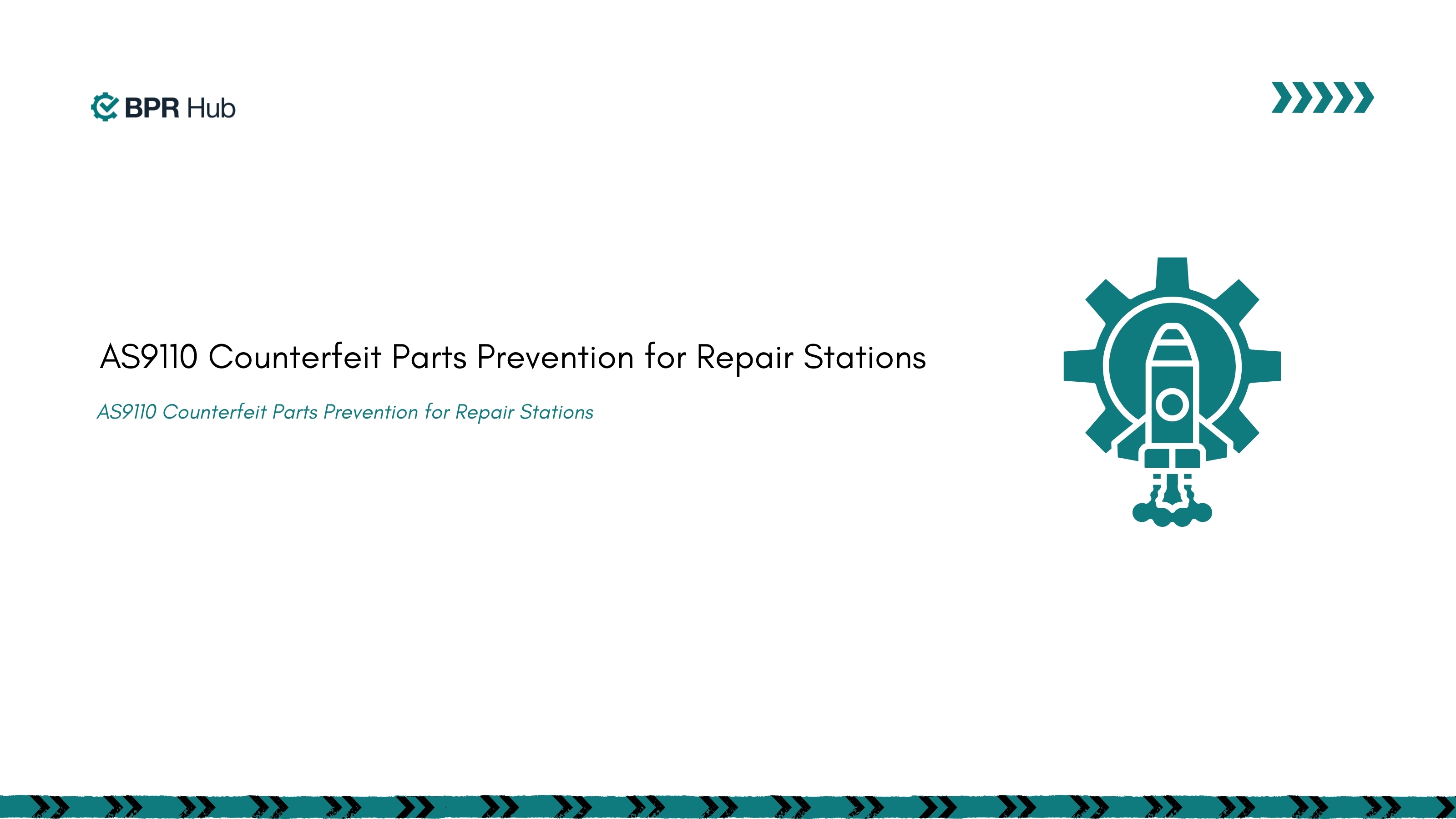
%20(1).svg)

.avif)

